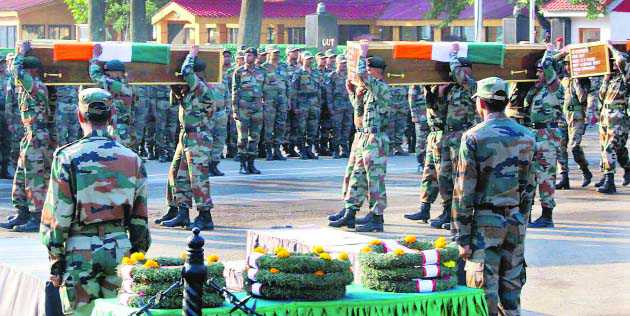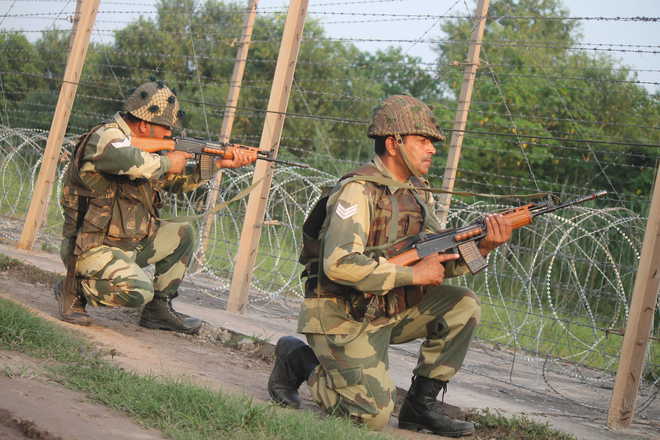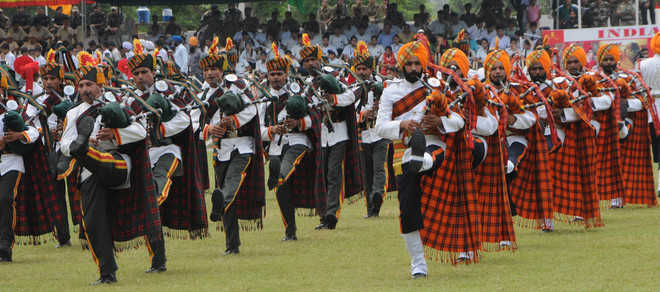POLICE SOURCES CLAIM OFFICIALS AT THE URI BRIGADE WERE GIVEN SPECIFIC INPUTS, BUT THEY WERE NOT TAKEN SERIOUSLY
From page 1 SRINAGAR: A day after the attack on army base in Uri, questions are being raised whether intelligence inputs about a possible strike were ignored by the army.
Police sources said army officials at the Uri brigade were given specific inputs about possibility of an attack on their installation, but the inputs, however, were not taken seriously. “We had reports of militant presence in the area and the same was shared with army,’’ said an official.
Sources also said the Intelligence Bureau (IB) had passed on a specific information about the presence of militants near a launch pad across the border. It had also warned about a possible infiltration bid as well as a strike.
Considering the 73-day unrest in the Valley that could have helped militant handlers across the border take advantage of the situation, experts in Kashmir had also warned of a possible strike.
There has also been a spike in infiltration bids across the Line of Control. According to the army, over 10 bids to push militants into the Indian territory were made after the killing of Hizb commander Burhan Wani on July 8.
Police sources suggest militant presence in the Valley has also increased since the unrest.
Gen Syed Ata Hasnain, former Corp commander of Srinagarbased Chinar Corp, said he had also warned against the attack.
“Uri attack, this is my old HQ. Warned the Cdr specifically on 8 Sep. Happened in 10 days. Done to remove pressure from hinterland Army move,” Hasnain tweeted on Sunday. He, however, said preventing the attacks was not possible but “some measures could have been taken’’.
“Preventing suicide attack is difficult, damage control is always possible. Main danger is of suicide bombing not witnessed since 2004,’’ he said in another tweet.
While army sources say deployment is less on rear side, locals claimed concertina wires at a certain patch were also not intact as locals would venture to the other side to arrange grass for cattle.
According to the army, all four militants killed were foreigners and had some items with Pakistani markings.
“Initial reports indicate that the slain terrorists belonged to Jaishe-Mohammed tanzeem. Four AK 47 rifles and four Under Barrel Grenade Launchers along with other war-like equipment were recovered from them,’’ DGMO Ranbir Singh said.






















































































































